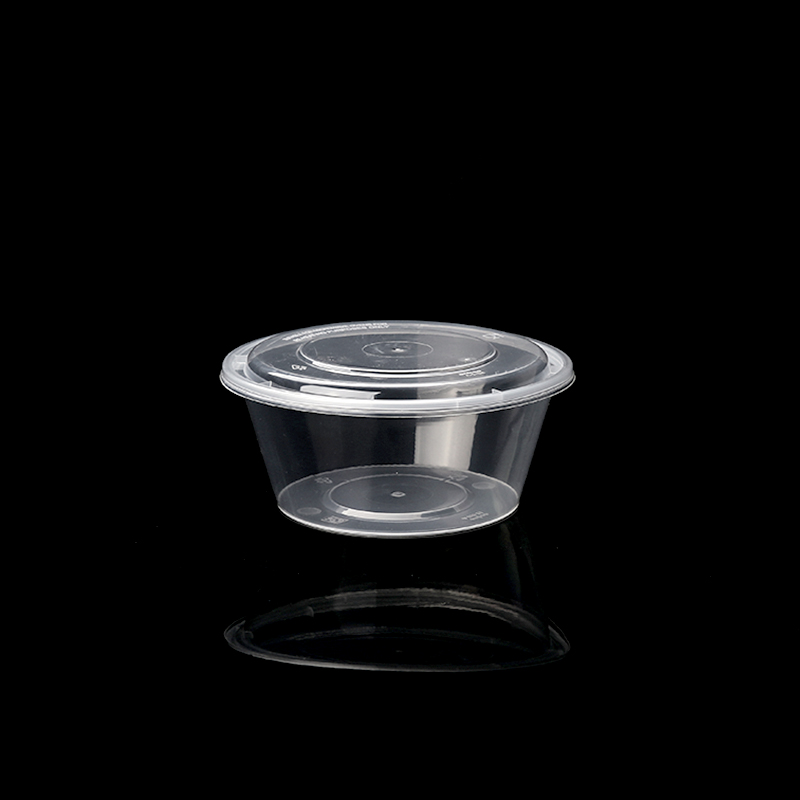
Disposable plastic containers have become a ubiquitous part of our modern lifestyle, with everything from food packaging to household goods being stored and transported in these convenient and lightweight containers. However, the sustainability of disposable plastic containers has come under increased scrutiny in recent years due to their detrimental environmental impact.
Plastic containers are made from petroleum based polymers, which are non biodegradable and can take hundreds of years to break down in the environment. This means that once plastic containers are discarded, they can linger in landfills, oceans, and waterways for decades, releasing harmful toxins and microplastics into the environment.
The production of plastic containers requires a significant amount of energy and resources, contributing to carbon emissions and further depleting finite resources. The transportation and distribution of plastic containers also add to their environmental footprint, as they are often shipped long distances and require additional packaging materials for protection.
Plastic containers are often used for single-use purposes, meaning they are discarded after just one use. This creates a cycle of continual plastic consumption and waste generation, exacerbating the already significant plastic pollution crisis facing our planet.
In response to these concerns, there has been a growing push for alternatives to disposable plastic containers that are more sustainable and environmentally friendly. Some companies have started using biodegradable or compostable materials for their packaging, which break down more quickly and do not release harmful toxins into the environment. Other efforts have focused on reducing plastic consumption by promoting reusable containers or packaging made from recycled materials.


